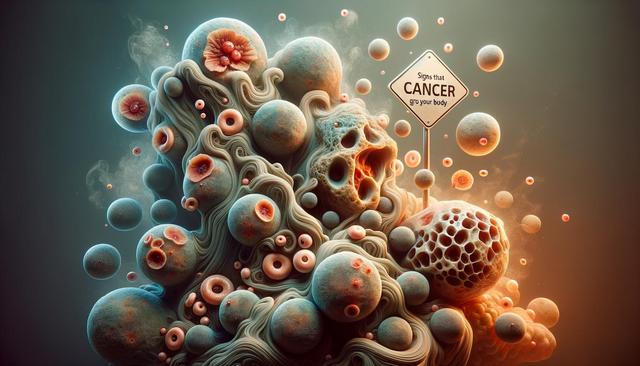Unexplained and Persistent Fatigue
Fatigue is one of the most common symptoms associated with various types of cancer. However, cancer-related fatigue tends to be more persistent and doesn’t improve with rest or sleep. This kind of exhaustion can interfere with daily activities and often escalates over time. It may occur because cancer cells consume a significant portion of the body’s energy supply, or due to the immune system’s continuous efforts to fight the abnormal cells. Fatigue can also be a result of internal bleeding or anemia, which are sometimes linked to cancer in the stomach, colon, or blood.
Some signs that fatigue might be related to a more serious underlying condition include:
- Constant tiredness that lasts for weeks
- Difficulty completing normal tasks despite adequate rest
- Unexplained weakness or dizziness
If fatigue is affecting your quality of life and doesn’t have an obvious cause, it’s worth consulting a healthcare provider for further evaluation.
Unusual Weight Loss Without Trying
One of the early warning signs that cancer may be growing in your body is unexplained weight loss. Losing more than 10 pounds without changing your diet or exercise habits could be a red flag. This type of weight loss can happen because cancer cells change the way your body processes nutrients, leading to muscle and fat loss. Additionally, cancers of the pancreas, stomach, esophagus, or lungs are more commonly associated with sudden, unintentional weight drop.
Other symptoms that may accompany this type of weight loss include:
- Loss of appetite
- Changes in taste or smell
- Difficulty swallowing or digesting food
If you experience rapid weight loss without a clear explanation, it’s important to seek medical advice to rule out or address any serious health concerns.
Persistent Pain That Lingers
While pain is not always associated with early cancer, certain types of persistent or unexplained pain can be indicative of a developing issue. For example, ongoing headaches that don’t respond to typical treatments could be a sign of a brain tumor. Likewise, back pain can sometimes be linked to cancers of the spine, pancreas, or kidneys. Pain that doesn’t go away or slowly worsens over time should not be ignored.
Pain related to cancer can manifest in different ways, such as:
- Bone pain, especially at night
- Abdominal pain that doesn’t go away
- Chest pain unrelated to physical activity
Tracking the duration, location, and intensity of pain can help healthcare providers identify whether it’s linked to a more serious condition.
Changes in Skin Appearance or Moles
Skin can often reflect internal health changes, and certain alterations may signal the presence of cancer. New growths, sores that don’t heal, or changes in existing moles could be signs of skin cancer. However, skin changes can also point to internal cancers. For instance, darkened skin, yellowing (jaundice), or excessive hair growth could be symptoms of underlying issues in organs such as the liver or adrenal glands.
Watch out for skin-related changes like:
- Sudden appearance of lumps or bumps
- Unusual bleeding or discharge from moles
- Color changes in the skin or nails
Regular self-examinations and reporting any new or changing skin features to a medical professional can aid in early diagnosis and treatment.
Unusual Bleeding or Discharge
Unexplained bleeding is a symptom that should always be taken seriously. It can occur in various forms depending on the type and location of cancer. Blood in the stool may be a sign of colon cancer, while coughing up blood could indicate lung cancer. For women, unexpected vaginal bleeding outside of normal menstrual cycles or after menopause may be a sign of uterine or cervical cancer.
Types of unusual discharge that may require medical attention include:
- Blood in urine without pain
- Persistent nosebleeds
- Bloody discharge from the nipples
Any form of bleeding that is persistent, recurrent, or unexplained should prompt a visit to a healthcare provider for appropriate testing and diagnosis.


